'Deal reached after Saudis submitted to Iran's Hajj conditions'
A senior Iranian official says an agreement with Saudi Arabia enabling Hajj pilgrimage for Iranians this year came after the kingdom submitted to the Islamic Republic’s conditions.
Seyyed Ali Qazi-Askar, the representative of Leader of the Islamic Revolution Ayatollah Seyyed Ali Khamenei in Hajj and pilgrimage affairs, was cited as making the remarks in a report carried by Islamic Republic of Iran Broadcasting’s News Agency on Saturday.
“The final agreement came about after several bouts of negotiations with the Saudi Hajj minister, which featured the stipulation of Iran’s straight and logical approach,” he said. The accord, he said, enables dispatch of 86,000 Iranians on pilgrimage.
“The Saudis declared that they would take the responsibility and ensure comfort, esteem, dignity, and safety for the Iranian pilgrims while they are in the kingdom.”
In September 2015, a deadly human crush occurred during Hajj rituals in Mina, near Mecca. Days into the incident, Saudi Arabia published a death toll of 770 but refused to update it despite gradually surging fatality figures from individual countries whose nationals had been among the victims of the crush. Unofficial sources put the death toll at almost 7,000 people. Iran said about 465 of its nationals lost their lives in the incident.
Earlier that month, a massive construction crane operated by the Saudi Binladin Group conglomerate had collapsed onto Mecca’s Grand Mosque, killing more than 100 pilgrims, including 11 Iranians, and injuring over 200 others, 32 of them from Iran.
Read more:
Qazi-Askar said Iran has interviewed hundreds of witnesses, and prepared video footage and other instances of evidence to be submitted to a fact-finding mission.
Concerning the crane crash incident, Qazi-Askar said it has been agreed that the Saudi Binladin group pay blood money to the victims' families in two tranches.
Asked if the Hajj agreement was to have any impact on ties between the two countries, he said pilgrimage is a religious obligation that has nothing to do with the status of diplomatic ties.
Saudi Arabia unilaterally severed its diplomatic ties with Iran in January after protests outside its diplomatic premises in Tehran and Mashhad against the execution by Riyadh of eminent Saudi Shia cleric Sheikh Nimr al-Nimr.
Canada’s Yukon town council at standstill over refusing oath to King Charles
Yemen's Houthi calls for jihad to protect Palestine against Israel
VIDEO | Internal rifts within Israel
Russia launches 'ICBM' for first time against Ukraine: Kiev
Scores killed as Takfiri terrorists target Shia Muslims in Pakistan
Pezeshkian to US, Europeans: You are killing women, children
VIDEO | COP29: another climate failure?
ICC issues arrest warrants for Netanyahu, Gallant for war crimes


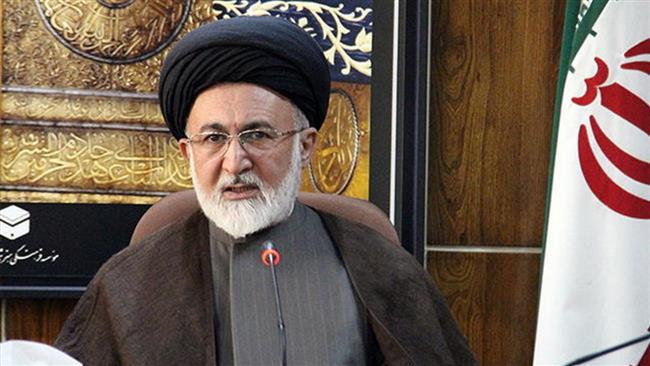
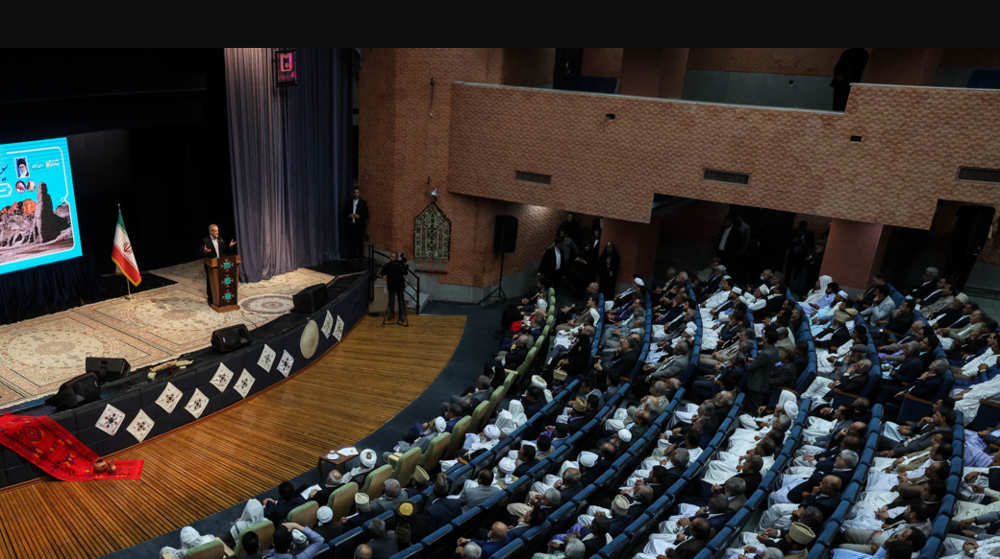
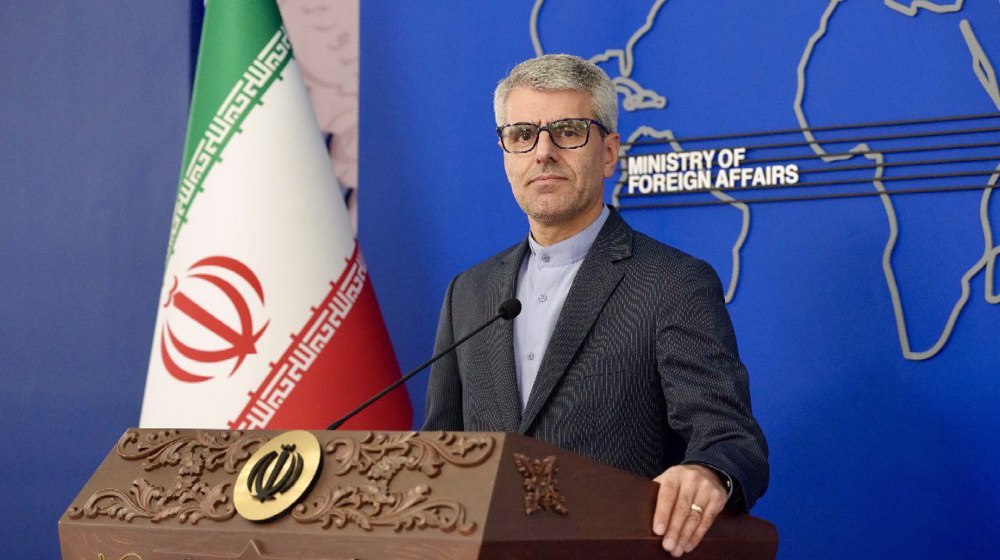
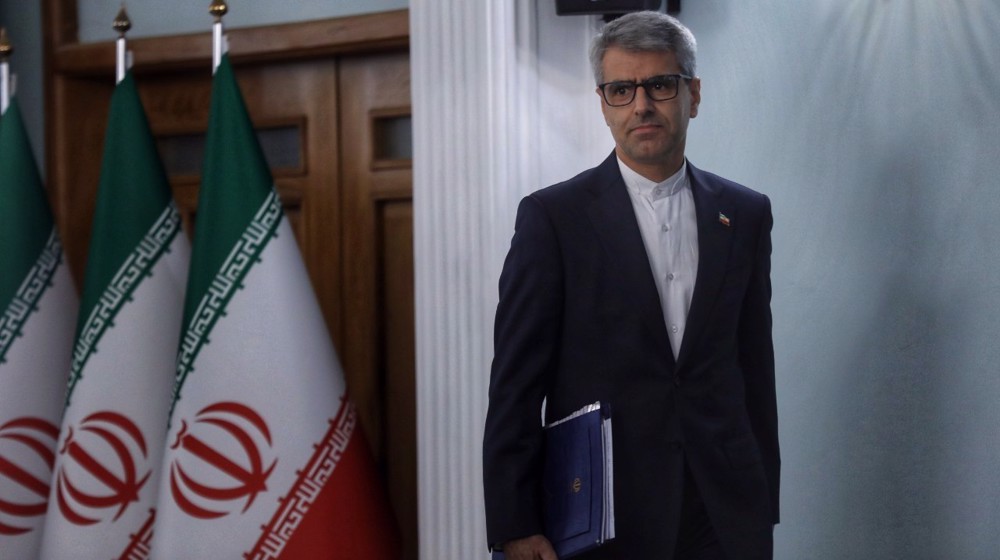



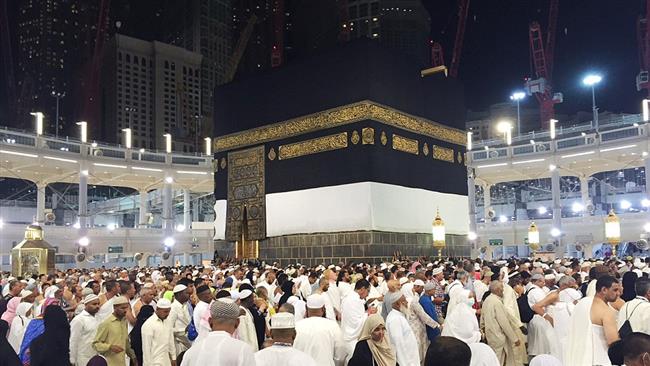
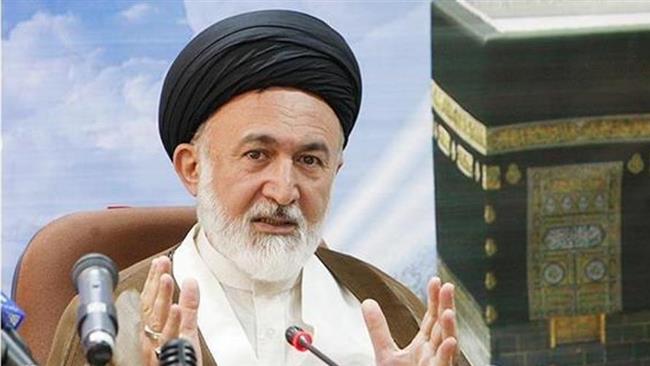


 This makes it easy to access the Press TV website
This makes it easy to access the Press TV website